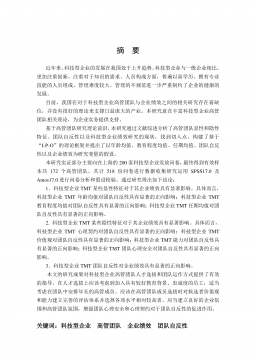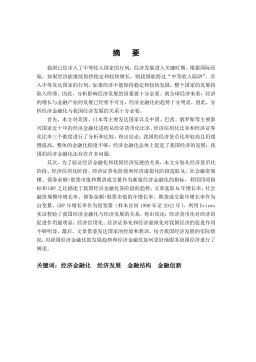长三角地区城镇化与经济增长关系研究——以苏州为例
第一章绪论长三角地区城镇化与经济增长关系研究——以苏州为例摘要不论是发达国家还是发展中国家,城镇化与经济增长关系都是经济学者研究的重要课题,虽然各有不同,但是总体上两者之间还是存在着正相关关系。发达国家与发展中国家快速城镇化的历史时期不同,政治经济环境也不同,因而城镇化历程也是差别很大。要实现我国现代化建设,城镇化是必须经历的道路,同时也扩大国内需求的最佳捷径。中国需要怎样的城镇化,城镇化与经济增长之间呈何种的关系,城镇化是通过怎样的方式对经济进行影响,城镇化对中国经济到底会产生多大影响,这些问题在当前而言是有一定程度的现实意义的。长三角地区拥有便利的交通、优越的自然条件和区位优势,为数不少的...
相关推荐
-
我国基层财政困难的制度成因分析与对策研究VIP免费
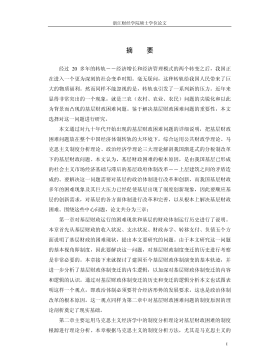
 2024-09-20 46
2024-09-20 46 -
我国煤电产业链纵向交易合约机制研究VIP免费
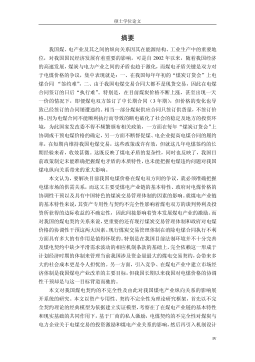
 2024-09-20 43
2024-09-20 43 -
生产要素视角下的上海市产业结构优化研究VIP免费
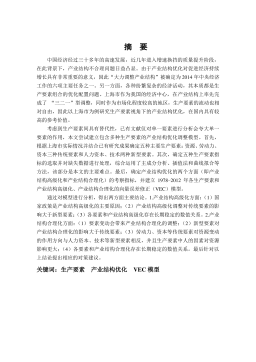
 2025-01-09 8
2025-01-09 8 -
我国银行业结构与经济结构关系研究VIP免费
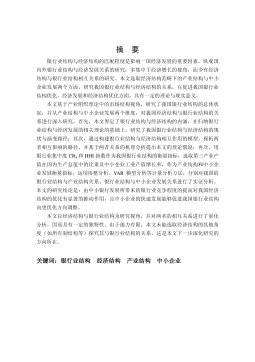
 2025-01-09 17
2025-01-09 17 -
大数据视角下农业供应链金融研究VIP免费
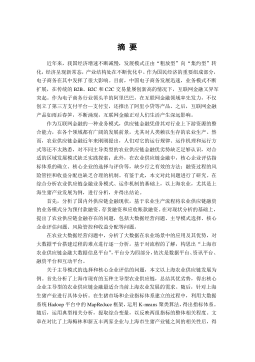
 2025-01-09 14
2025-01-09 14 -
跨国大型综合超市的规划研究VIP免费
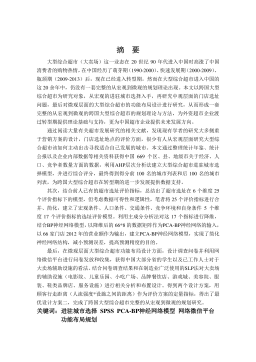
 2025-01-09 9
2025-01-09 9 -
跨境电商农产品质量安全问题研究VIP免费
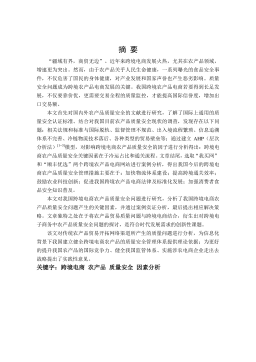
 2025-01-09 9
2025-01-09 9 -
世界市场的虚拟化与我国国际电子商务发展方向研究VIP免费
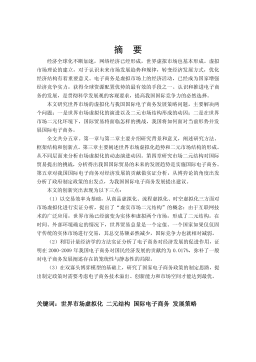
 2025-01-09 43
2025-01-09 43 -
中国政府对电力行业的价格规制问题研究VIP免费
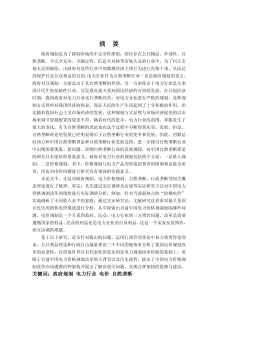
 2025-01-09 18
2025-01-09 18 -
中小企业信息化系统集成技术研究VIP免费
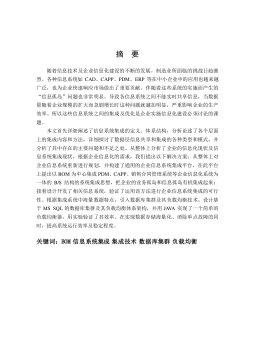
 2025-01-09 30
2025-01-09 30
作者详情
相关内容
-

跨国大型综合超市的规划研究
分类:高等教育资料
时间:2025-01-09
标签:无
格式:PDF
价格:15 积分
-

跨境电商农产品质量安全问题研究
分类:高等教育资料
时间:2025-01-09
标签:无
格式:PDF
价格:15 积分
-

世界市场的虚拟化与我国国际电子商务发展方向研究
分类:高等教育资料
时间:2025-01-09
标签:无
格式:PDF
价格:15 积分
-

中国政府对电力行业的价格规制问题研究
分类:高等教育资料
时间:2025-01-09
标签:无
格式:PDF
价格:15 积分
-

中小企业信息化系统集成技术研究
分类:高等教育资料
时间:2025-01-09
标签:无
格式:PDF
价格:15 积分


